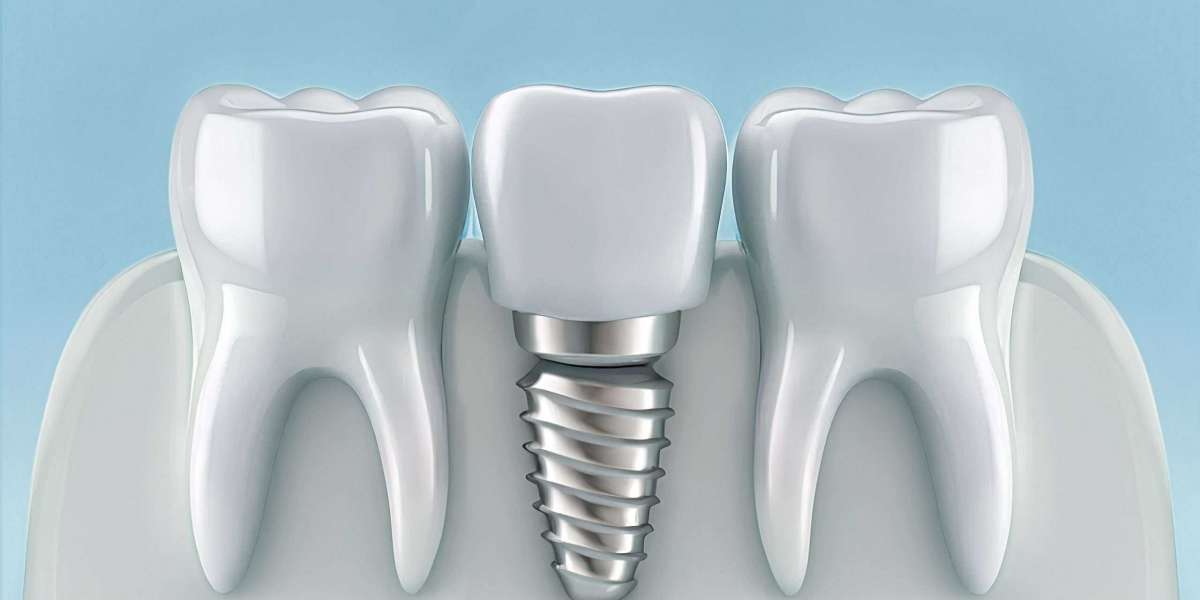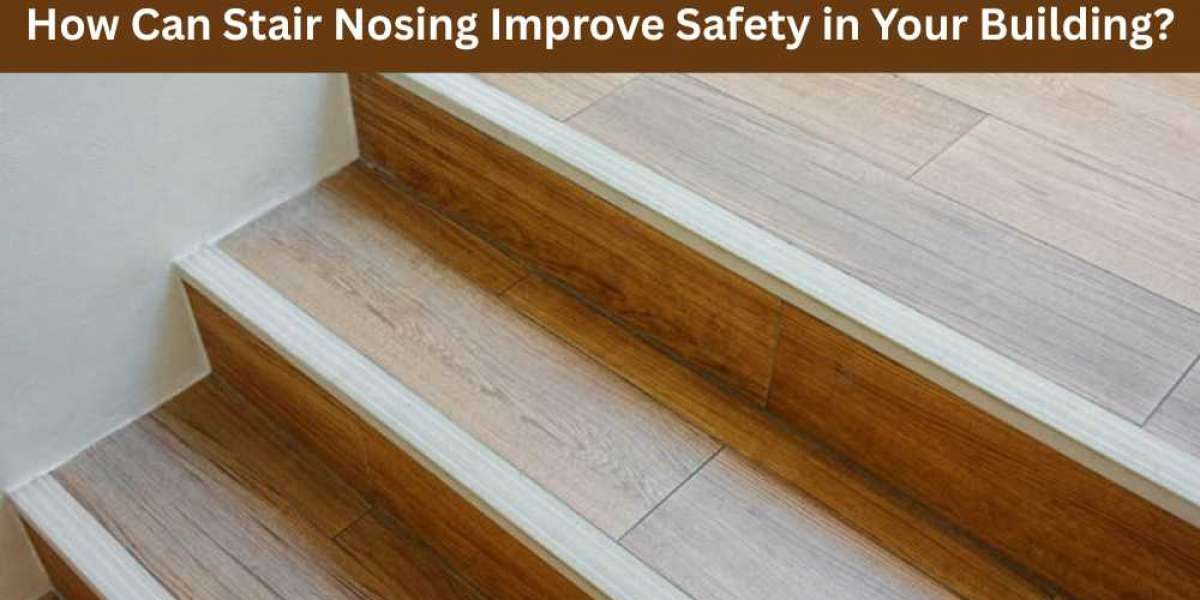Losing a tooth can be scary, especially when it happens suddenly. Whether it’s from an accident, a fall, or a sports injury, knowing what to do next can make a real difference. Acting quickly and calmly gives your tooth the best chance of survival. In this guide, we’ll walk you through the essential steps to take if a tooth is knocked out—what to avoid, how to handle it, and when to get help right away.
What Happens When a Tooth Gets Knocked Out?
Losing a tooth unexpectedly can be a real shock. Whether it's from a sports injury, accident, or even a trip and fall, acting fast is crucial. If the right steps are taken within the first hour, there's a higher chance your natural tooth can be saved. That's where seeing an emergency dentist in Oxford becomes vital. Knowing what to do before you reach the clinic can make a big difference in the outcome.
First Moments After the Knock-Out
The clock is ticking the moment your tooth comes out. Here's what to do immediately:
Stay Calm and Assess
Panicking won't make it easier, but it's easier said than done. Check your mouth for bleeding and other injuries. Then, focus on the tooth.
Handle the Tooth with Care
Always pick up the tooth by the crown (the white part), not the root. Touching the root can damage important tissues needed for reattachment.
Rinse, But Don’t Scrub
Rinse the teeth under cold running water for no more than ten seconds if it is filthy. Do not scrub it, use soap, or try to remove any attached tissue fragments.

Best Ways to Preserve the Tooth
To give the tooth the best chance of survival, how you store it matters.
Ideal Storage Options

If you're not sure about the right method, ring an emergency dentist in Oxford as soon as possible for specific guidance.
What Not to Do
Knowing what to avoid is just as important:
- Don’t wrap the tooth in tissue or cloth
- Don’t let it dry out
- Don’t delay your visit – time is critical
- Avoid attempting to glue or push it back in.
According to the British Dental Association, teeth replanted within 15 to 30 minutes have a success rate of around 90%, but that drops significantly after an hour.
When to Seek Help Immediately
Any knocked-out tooth should be treated as a dental emergency. But here’s when speed becomes even more vital:
- If the tooth is a permanent adult tooth (baby teeth are not reinserted)
- If there's heavy bleeding that won’t stop
- If you’ve lost consciousness or feel dizzy (visit AE first)
As soon as you've taken the basic first aid steps, call an emergency dentist in Oxford to book a same-day appointment. Most clinics prioritise knocked-out tooth cases and will guide you on what to do while you're on your way.
What to Expect at the Dentist
Reimplantation Attempt
If you've stored the tooth properly and arrived in time, your dentist will try to reinsert it. You might receive a local anaesthetic, and the tooth will be secured using a splint attached to nearby teeth.
When Reimplantation Isn’t Possible
Sometimes the natural tooth can’t be saved – especially if it’s damaged or you've arrived too late. In these cases, your dentist may discuss long-term replacement options. A popular solution is a dental Implant Oxford, which looks and functions just like a natural tooth.
How a Dental Implant Helps After Tooth Loss
If reimplantation isn’t successful, a dental implant is often recommended for long-term oral health and function. Here's how it compares:

Choosing a dental Implant Oxford ensures the gap left by a lost tooth doesn’t lead to shifting teeth, bone loss, or difficulty eating.
What If It Happens to a Child?
If it’s a baby tooth that’s been knocked out, do not try to reinsert it. Doing so could damage the developing adult tooth underneath. Instead, call your local dentist for advice. Children can still feel pain or shock from the injury, so give reassurance and apply a cold compress to reduce swelling.
Aftercare and Recovery
Whether your tooth was reimplanted or replaced with an implant, proper care is essential. Here's what your dentist will likely recommend:
After Reimplantation
- Stick to soft foods for a few days
- Take prescribed antibiotics to prevent infection
- Rinse gently with salt water
- Attend follow-up appointments for monitoring
After an Implant Procedure
- Allow several weeks for healing
- Brush gently around the area
- Avoid smoking and alcohol during healing
- Maintain regular check-ups
Remember, if you ever find yourself in the same situation again, time and proper care remain the most important tools in saving your smile.

Final Thoughts: Be Prepared
Dental emergencies can be distressing, but knowing what to do if your tooth is knocked out gives you the upper hand. Keep a small first aid kit with a saline solution and the number of an emergency dentist in Oxford saved in your phone.
And if your natural tooth can’t be saved, modern treatments like a dental Implant Oxford offer reliable, permanent solutions that help restore confidence and comfort.
Conclusion
A knocked-out tooth doesn’t mean your smile is gone for good. Quick action and the right care can make all the difference. Knowing the basics, having a go-to emergency dentist in Oxford, and being informed about options like a dental Implant Oxford keeps you one step ahead. For expert help and fast response, trust EDO to guide you through any dental emergency with care and confidence.







